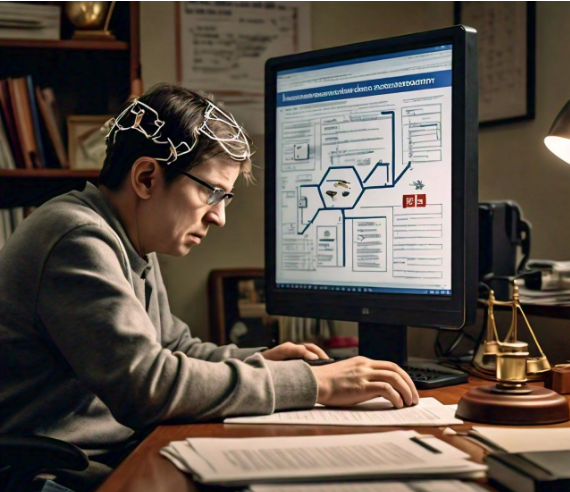Brain injuries can have devastating and long-lasting effects on both the injured parties and their families. Pursuing compensation, whether for an injury you suffered or on behalf of a loved one, is not just about financial relief but also accessing necessary rehabilitation and support services. With the right approach and legal guidance, claimants can navigate the complexities of the legal system to secure the help they need.
Seek immediate medical documentation
After a brain injury, it is crucial to obtain comprehensive medical documentation as swiftly as possible. This will form the basis of your compensation claim, detailing the extent of the injury and the required treatment. Immediate and thorough medical records are instrumental in establishing the impact of the injury, which is essential for the claims process.
Identify the liable parties
Identifying who is responsible for the injury is a critical step. This could be an individual, a company or a medical institution, depending on the situation which led to the injury – such as a road accident, workplace incident or medical negligence. Understanding who to direct your claim against is fundamental for progressing with your compensation case.
Understand the types of compensation
Compensation awarded for brain injuries can cover costs for medical care, lost earnings, ongoing care needs and non-economic damages like pain and suffering. These are typically split into what are called ‘general’ and ‘special’ damages.
The amount of compensation generally depends on the severity of the injury and the long-term impact on the victim’s life. For severe brain injuries, compensation can be substantial, reflecting the profound effects on an individual’s quality of life.
Work with experienced legal counsel
Engaging a solicitor who specialises in brain injury compensation claims is essential. These professionals understand the complexities of such cases, including the medical, legal and procedural nuances involved. A specialist solicitor can effectively navigate the claims process, from gathering evidence to representing you in negotiations or court, if necessary.
Not only does working with a professional vastly improve your chances of success but it also helps ease the burden on you so that you can focus on recovery.
Look after your mental health
The psychological impact of a brain injury can be profound. Claimants should consider psychological support or counselling as part of their rehabilitation process. As this can be an important part of the recovery process, expenses for counselling are likely to be included as part of your compensation claim, so don’t be afraid to explore it.


